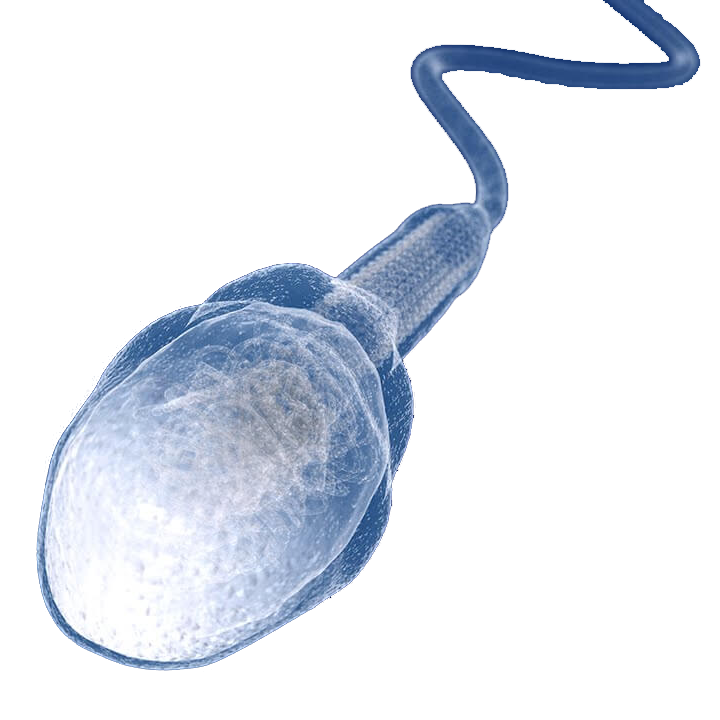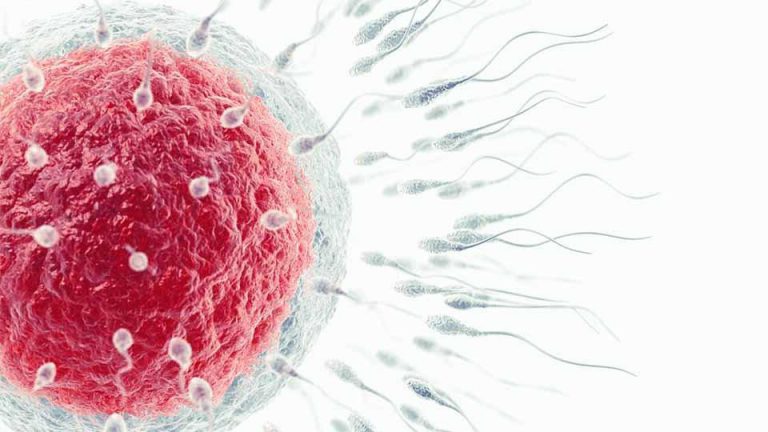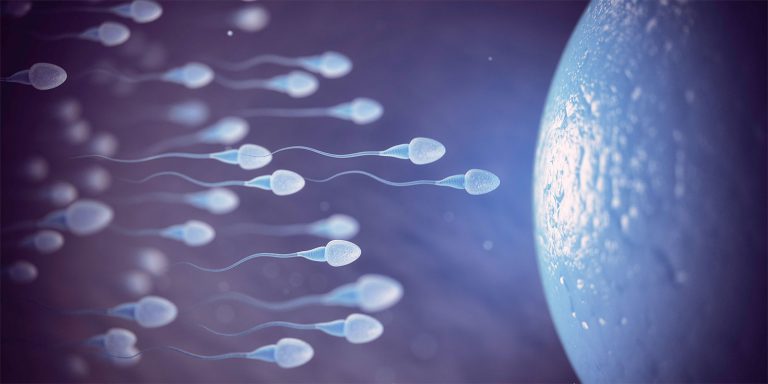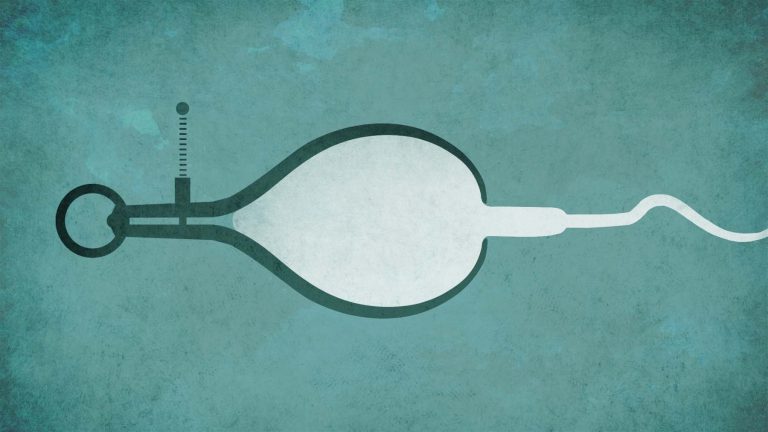There is a common misconception that if you have had a child already, you will not have any fertility problems. However, because fertility is tightly tied to age, both men and women face the possibility of secondary infertility; Problems experienced when you try to have more children.
What is Secondary Infertility?
The inability to conceive after a previous successful birth is called secondary infertility.
According to the World Health Organization, infertility refers to a person’s inability to conceive after a year of regular unprotected intercourse. Secondary infertility refers to the same, but only after a person has already conceived at least one child.
Fertility declines as we age and many couples today are having children later in life. If you consider that a person may have their first baby in their early 30’s, and a person’s chances of conceiving tends to drop significantly into their mid-30’s, then the difference of a couple of years between children while a woman is in her mid-30’s could be fairly extreme.
How Common is Secondary Infertility?
Secondary infertility is extremely common and is behind about six out of every ten cases of infertility.
A 2010 survey from Statistics Canada revealed that about one in six couples fail to conceive the second time around through the first year they try. And according to the Center for Disease Control, the number of couples in the U.S. who experience secondary infertility is about 11%, which is about the same percentage as the global population.
Consider that if you have primary infertility, but then get pregnant through fertility treatment, all the same fertility problems are likely still there and may even be more serious with increased age.
What Causes Secondary Infertility?
Age is the primary factor behind both primary and secondary infertility and in general, anything that can cause primary infertility can also cause secondary infertility. This applies to both men and women.
Common causes of secondary infertility in women include damage to the fallopian tubes, problems with ovulation, problems with the uterus or cervix. Sometimes the problem was there all along, and they conceived their first child without knowing this.
Other possibilities of secondary infertility include damage to the fallopian tubes after the first baby was born, ongoing issues with illnesses such as polycystic ovary syndrome (PCOS), endometriosis, or complications resulting from previous cesarean section births.
Secondary male infertility is also a problem that is most often due to age.
Test Your Sperm Age. Easy, Mail-in Kit.
ORDER NOWIs There a Treatment for Secondary Infertility?
Treatments for secondary infertility are going to be the same as for primary infertility. Your doctor may be able to put you on medications to improve your chances to conceive, insemination may help overcome mild fertility problems, and IVF can be an effective treatment for more difficult cases.
Because so many fertility problems are related to age, it is more common for couples to consider egg or sperm donors when treating secondary infertility.
When Should I See a Doctor About Secondary Infertility?
It is generally recommended that healthy women under 35 with no indication of reproductive health issues should consult their gynecologist if they are unable to conceive after a year of regular unprotected sex, and that women over 35 should consult their doctor after six months of trying. This is a broad-spectrum recommendation for both primary and secondary infertility.
However, older couples and women with any concerns about their ability to get pregnant should not hesitate to see a health care practitioner.







